Western Folklife Center
This arts and culture cultural center explores the diverse cultural heritage of the American West.
Elko, a small town of 18,000 in a sparsely-populated stretch of northeastern Nevada, is the most populated city for 130 miles in all directions. Founded in 1868 along the Central Pacific Railroad, Elko became a historical Wild Western town of booming economic growth, prompting the establishment of Elko’s first bar, the Pioneer Saloon. Since then, the Pioneer Hotel has been constructed around the mahogany and cherry wood Brunswick bar, and the old brick building has been converted into one of the most elaborate heritage centers of cowboy life in the entire American West.
Now known as the Western Folklife Center, Elko’s historical hub of American Western culture features two theaters, an exhibition gallery, a gift shop, and, of course, the original Pioneer Saloon. Featuring historical artifacts, Native American art, and cultural memorabilia of the Wild West, the Western Folklife Center contains antique saddles, neon bull designs, and Western artisan crafts. In addition to these handmade accessories, the folklife center also depicts cowboy life through various forms of multimedia, including a photo gallery of cow bones, a slideshow of wild horses, and a short film depicting the connection between cowboys, music, and poetry.
Just as fascinating as its exhibits is the Western Folklife Center’s National Cowboy Poetry Gathering celebration, held annually from January 30th to February 4th and open to “cattle people, rural folks, poets, musicians, gear makers, western enthusiasts, and urbanites tired of the teeming city.” For five days every year, buckaroos from across the western United States use art and performance to express their Western cultural heritage through rawhide braiding and horsehair hitching workshops, veterans writing projects, poetry and music slams, and even performances by “Cowboy Celtic,” a band honoring the cowboys that long ago roamed the lands of the Celtic nations.
Community Contributors
Added by
Edited by
The Atlas Obscura Podcast is Back!









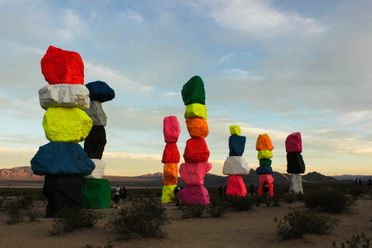







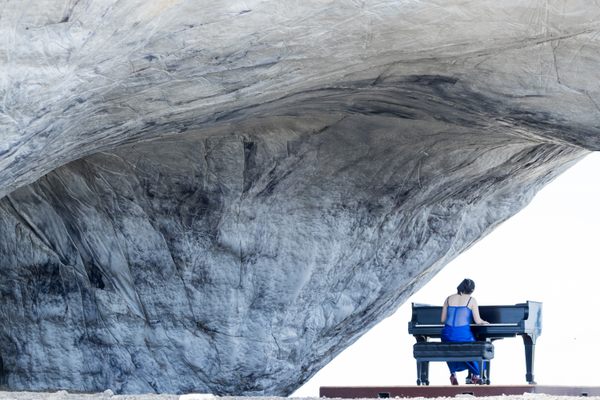
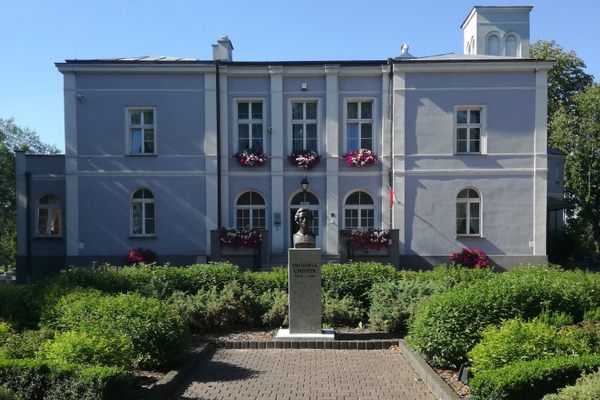
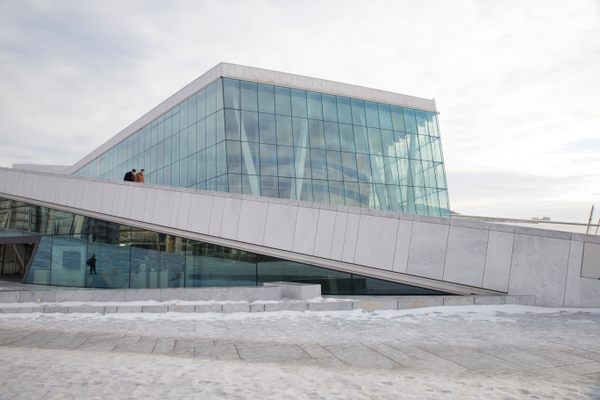
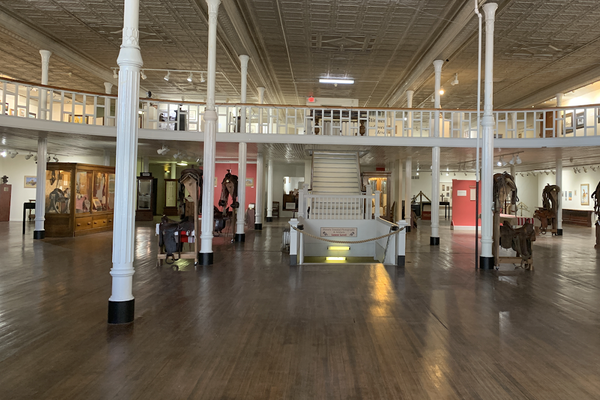


Follow us on Twitter to get the latest on the world's hidden wonders.
Like us on Facebook to get the latest on the world's hidden wonders.
Follow us on Twitter Like us on Facebook